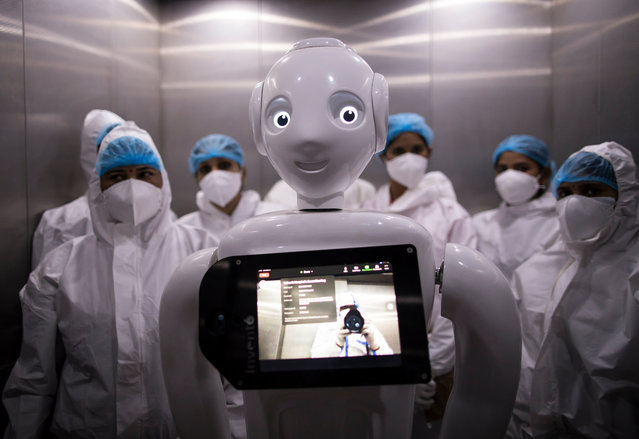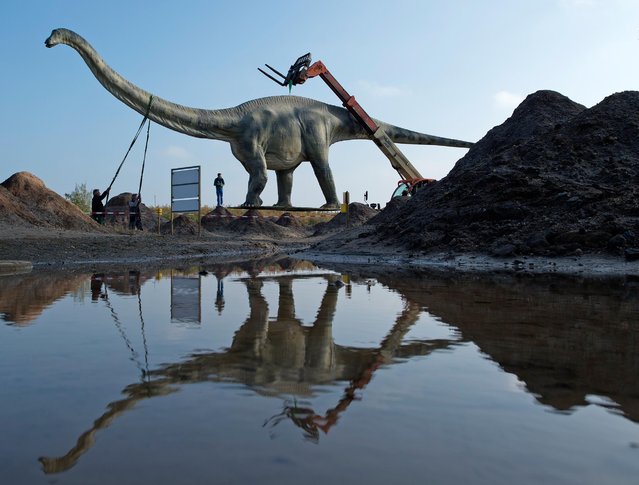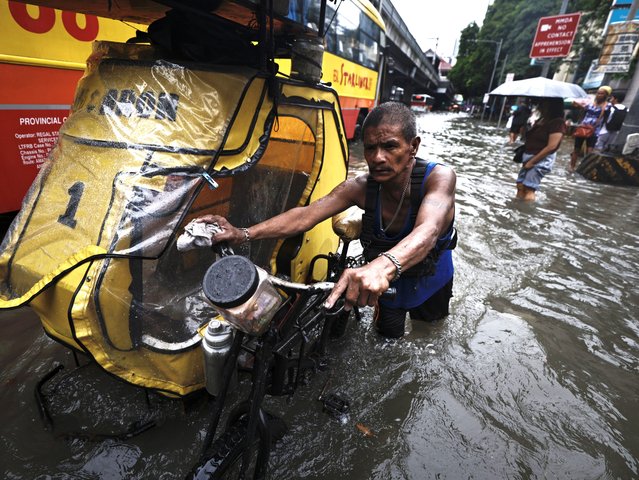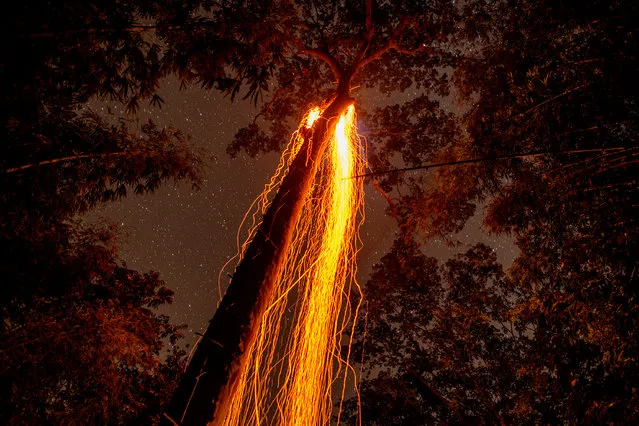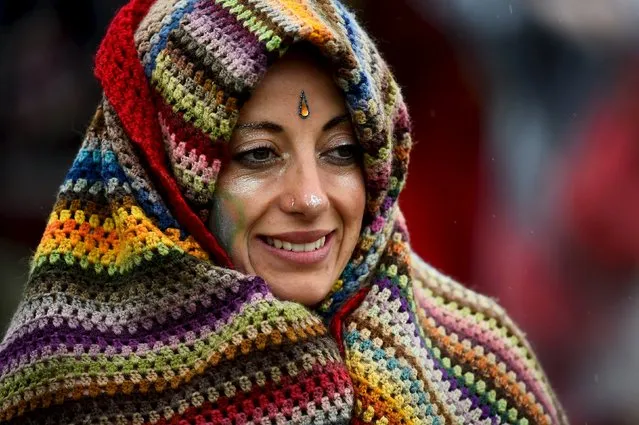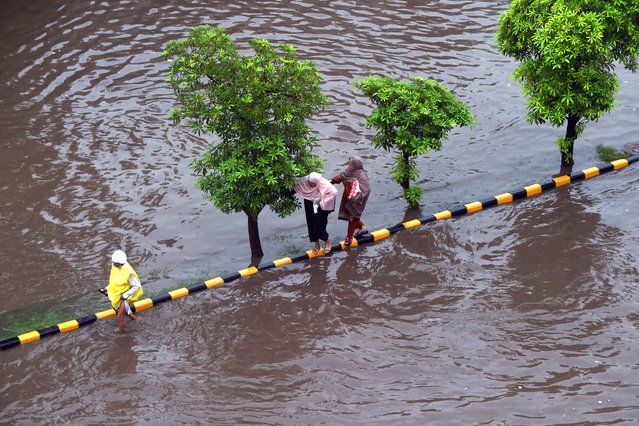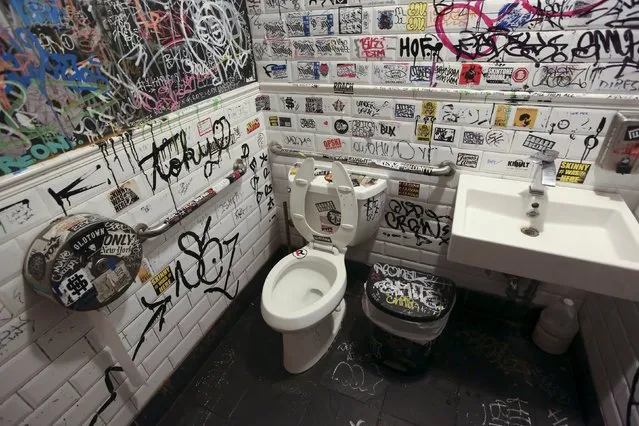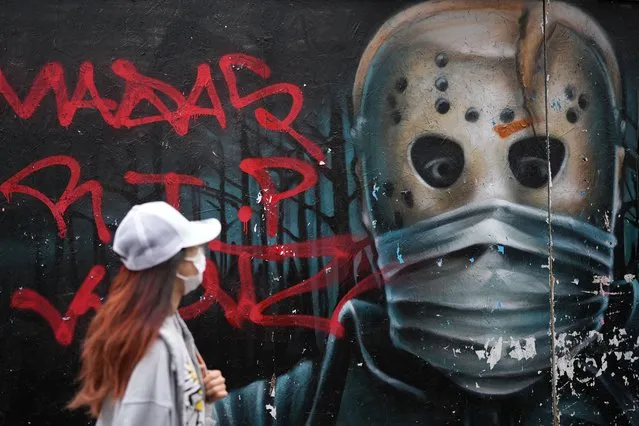
A member of the public wears a pandemic face mask ahead of the prime minister announcing the government's Covid-19 winter strategy on September 13, 2021 in Manchester, England. Tomorrow, British Prime Minister Boris Johnson will set out his plan to manage Covid-19 through the winter, including what actions would need to be taken if the NHS hospital system were at risk of being overwhelmed. (Photo by Christopher Furlong/Getty Images)
22 Oct 2021 09:56:00,post received
0 comments

